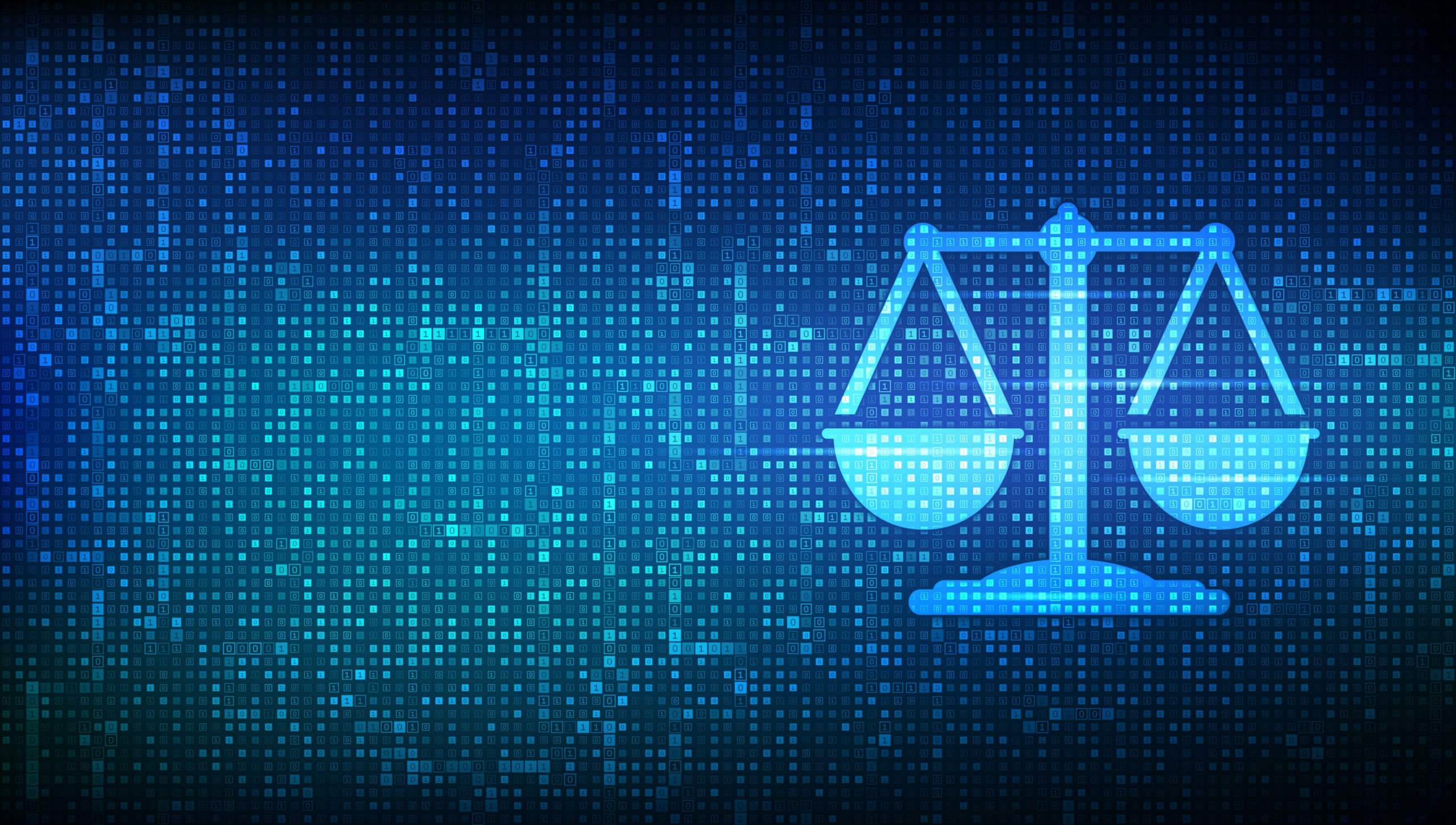The Role of Technological Advances in the Legal Process
In recent years, there have been many technological advances, and the legal process has not been left unchanged. Technology has had a profound impact on how the legal process is conducted, from how evidence is gathered to how cases are tried.
Tampa criminal defense attorney, Mike G Law, says that one of the most significant changes technology has brought to the legal process is how evidence is gathered. In the past, much of the evidence in a case was based on witness testimony. However, technological advances offer many more ways to gather evidence. For example, surveillance footage from security cameras can be used.
Here, we will explore how technology has changed the legal process.
1. Gathering Evidence
In the past, if you wanted to gather evidence for a legal case, you would have to do so manually. This meant sending someone out to collect evidence, which was often time-consuming and expensive. Thanks to technological advances, collecting evidence remotely using drones or other uncrewed vehicles is now possible. This means that evidence can be assembled quickly and cheaply without risk.
2. Trying Cases
Traditionally, cases would be tried before a judge and jury in a physical courtroom. However, with the advent of video conferencing technology, it is now possible for claims to be tried remotely. This has several advantages; for one thing, it saves on travel costs for lawyers and witnesses. It also makes it easier to schedule hearings, as there is no need to coordinate everyone’s schedules to be in the same place at the same time.
3. Research
With the advent of the internet, it is now possible to do research for a legal case quickly and easily. In the past, lawyers would have to spend hours in libraries looking for relevant topics or articles. All this information is available online, meaning that lawyers can save much time researching a case.
4. Communications
Technology has also changed the way that lawyers communicate with their clients. In the past, most communication would take place in person or over the phone. However, now that we have email and instant messaging, lawyers and clients can communicate quickly and easily without scheduling an appointment or making a phone call.
5. The Internet
The internet has made it possible for people to access a wealth of previously unavailable information. This includes legal information. In the past, if you wanted to look up a law, you would have to go to the library and find the right book. Now, you can search online and see what you’re looking for in seconds.
6. The Information
This increased accessibility to information has made the legal process more efficient. Lawyers can now do research on their own without having to rely on paralegals or law librarians. This means that they can spend more time working on cases and less time doing research.
7. Technology
In addition, technology has also made the legal process more effective. For example, trial simulations have become more realistic thanks to advances in computer graphics. This allows lawyers to understand better how a jury might react to specific evidence or arguments. This helps them build more robust cases and get better client results.
8. E-discovery
E-discovery refers to using technology to collect, manage, and review electronically stored information (ESI) for use in legal proceedings. This can include emails, instant messages, document files, images, videos, and more. In the past, collecting this type of evidence was a time-consuming and expensive process. Thanks to e-discovery, it is now possible to collect and review this evidence quickly and easily without spending much money.
Final Thoughts!
Technology has always played a role in the legal process, from books of law to online research databases. Technology has changed the legal process by making it more efficient and effective. In the past, if you wanted to look up a law, you would have to go to the library and find the right book. Now, you can search online and see what you’re looking for in seconds.
Technology has profoundly impacted the legal process, making it faster, easier, and cheaper to gather evidence and try cases. This is likely to continue in the future as new technologies are developed. As technology continues to evolve, so too will the legal process.

